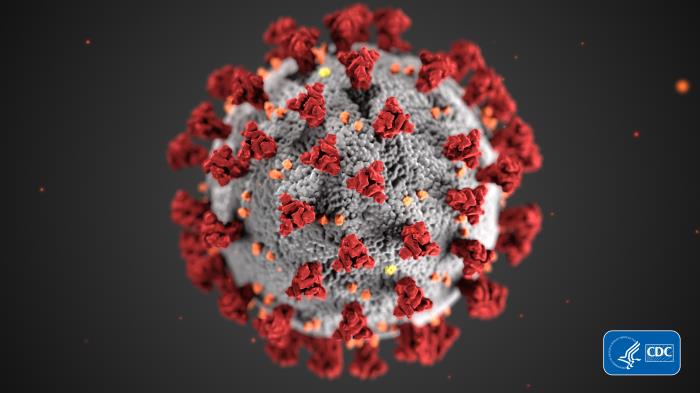
Vacation rentals in Georgia will be allowed to reopen Friday following weeks of coronavirus-prompted closures.
Gov. Brian Kemp gave the green light for bed-and-breakfast establishments and online bookings like Airbnb late Monday on the heels of allowing many other types of businesses to reopen in recent days, including dine-in restaurants, gyms, movie theaters and barbershops.
On Twitter Monday night, Kemp said his decision to let short-term rental businesses reopen was “based on favorable data and stakeholder input.” He said vacationers should still keep their distance from each other if they book a rental.
“We urge people to continue to follow social distancing and sanitation rules to prevent the spread of COVID-19,” the governor wrote.
Kemp and state health officials have touted models and reporting from local hospitals that indicate a slowdown in coronavirus cases and emergency-room visits, though positive cases and deaths traced to the highly infectious virus continue to mount in Georgia.
As of noon Tuesday, roughly 24,600 people had tested positive for COVID-19, the disease caused by the novel strain of coronavirus that sparked a global pandemic. It had killed 1,025 Georgians.
Kemp has faced criticism since last week from public health experts and local elected officials for letting close-contact businesses like restaurants and barbershops reopen.
He has framed the move as a voluntary relief valve for struggling businesses, giving them the option to reopen if they want so that Georgia might avoid prolonged economic damage caused by the closures.
The temporary ban on vacation rentals started on April 9, almost a week after the prohibitions on other popular gathering spots took effect. The rental ban applied for stays of 30 days or less but did not include hotels, camping grounds and short-term rentals that were already booked before April 9.
Kemp acknowledged the rental ban was in part a response to concerns over public gatherings at beaches, which were allowed to remain open under the broader statewide shelter-in-place order that took effect April 3.
Facing complaints that he had usurped power from coastal officials who preferred keeping the beaches closed, Kemp pledged to take action if attendance grew too high and that beaches would be routinely monitored by state troopers and game wardens.
Since April 3, 551 warnings have been issued by the Department of Natural Resources for beach gatherings across the state, said Candice Broce, the governor’s communications director. No misdemeanor or felony citations have been issued during that time, she said.
Broce said Georgians have followed social distancing rules at beaches from the start or after being warned. Also, Kemp’s prohibition on bringing items to the beach like chairs and umbrellas “likely helped with preventing non-compliance from the outset,” she said.
“Officers have worked tirelessly to ensure people understand the parameters of the executive orders, and as you can see, any non-compliance has been readily rectified following verbal warnings,” Broce said in an email Tuesday.